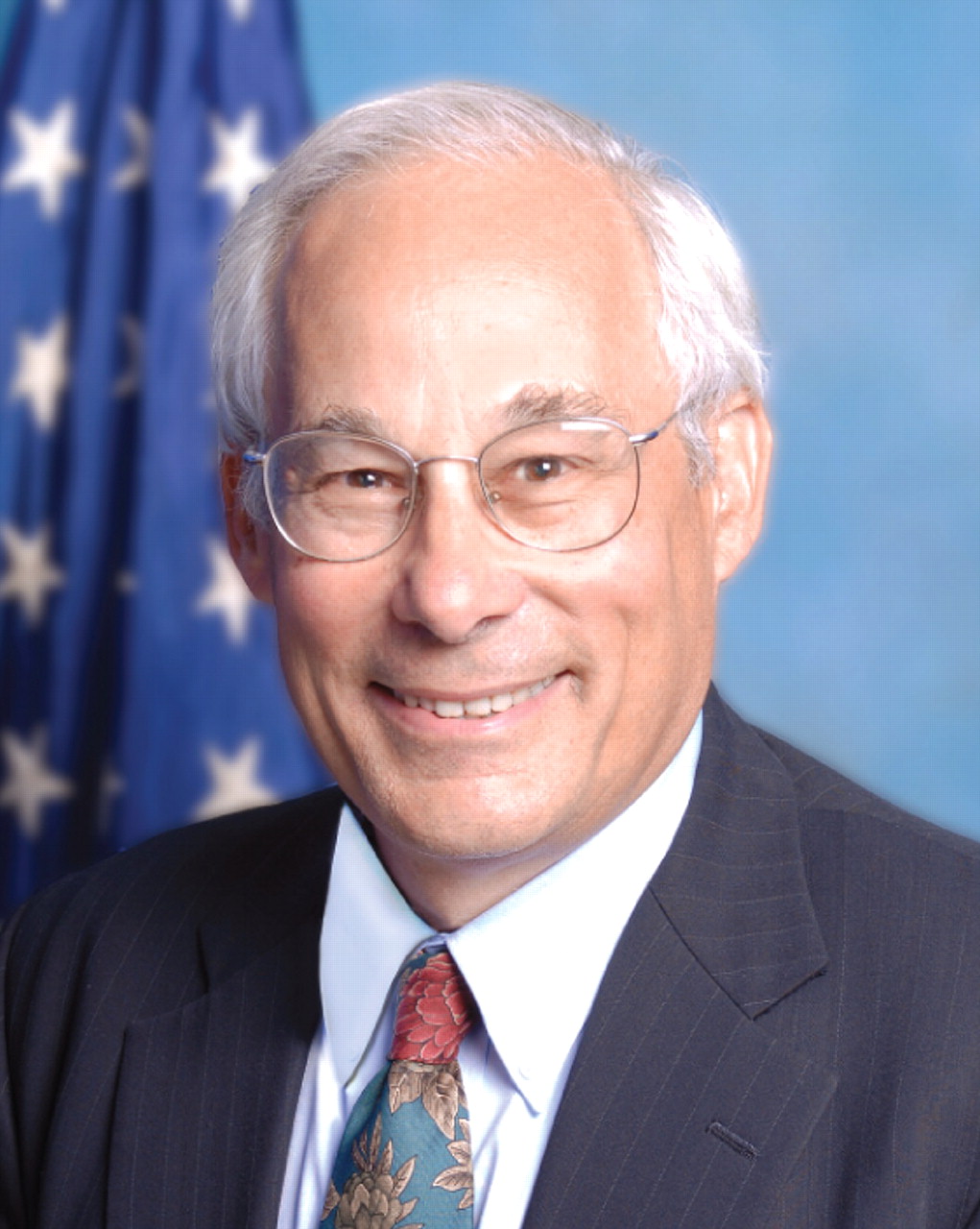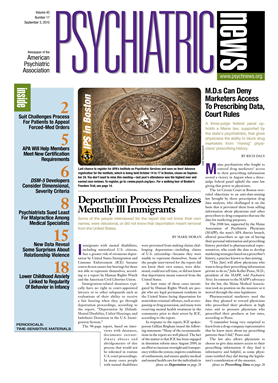The newly appointed administrator of the Centers for Medicare and Medicaid Services (CMS) has drawn both praise and criticism as he takes on major responsibilities of implementing part of the health care overhaul at a time when Congress is agonizing over those programs' costs.
Donald Berwick, M.D., was appointed in July when Congress was in recess, and his nomination thus bypassed the usual Senate confirmation process.
“I'm troubled that rather than going through the standard nomination process, Dr. Berwick was recess appointed,” said Sen. Max Baucus (D-Mont.), chair of the Senate Finance Committee in a July 7 statement that cited the administrator's upcoming leading role in implementing the health care reform law.
However, President Obama resubmitted Berwick's nomination one week later after congressional objections to Berwick's recess appointment to run an agency that annually expends nearly $800 billion in taxpayer funds.
Under the recess appointment, Berwick can stay in his post through the end of 2011 unless he is confirmed by the Senate through the regular process.
The controversy around Berwick is significant for physicians, specifically, because his position carries extensive authority over Medicare's physician fee schedule, among other functions, said Irvin “Sam” Muszynski, director of APA's Office of Healthcare Systems and Financing. “It's one of the most pivotal positions in Washington right now,” Muszynski told Psychiatric News.
Berwick's appointment has drawn praise from some physician groups, which hailed his previous efforts to improve the quality of patient care.
Berwick is best known for advocating a new payment system in which physicians' pay would be based in large part on the outcome of the treatment they provide, not on how many services they provide.
“He is widely known and well respected for his visionary leadership efforts that focus on optimizing the quality and safety of patient care in hospitals and across health-care settings,” said Nancy Nielsen, M.D., a past president of the AMA, in a written statement.
In praising Berwick, Nielsen cited his work as head of the Institute for Healthcare Improvement, with which the AMA has worked on several patient-care improvement initiatives.
Other medical groups praised Berwick's long-standing advocacy for “patient-centered” care.
“Dr. Berwick's health-policy expertise has helped ensure that best practices in medical care and groundbreaking medical research are brought to the physician's office,” said Lori Heim, M.D., president of the American Academy of Family Physicians, in a written statement. “As a result, he has demonstrated a long-standing commitment to building a patient-centered, quality-focused, and efficient health care system.”
Berwick's nomination also has drawn criticism, largely from congresssional Republicans, who object to his past assistance to and praise for Britain's National Health Service, in part because of its policy of rationing care. This troubles Republicans, because in his role as CMS administrator Berwick will help implement the health care overhaul, which some Republicans claim is an attempt to ration health care in the United States.
“Nominees to lead major government agencies should be subject to at least the level of accountability and transparency that a nomination hearing offers,” said Sen. Charles Grassley (R-Iowa) in a written statement requesting that Baucus schedule a hearing on Berwick.
Berwick's nomination also has drawn concerns over his self-description as a patient-centered-care “extremist.”
In a May 19, 2009, Health Affairs article, Berwick called for the U.S. health care system to support patient-centered care, which he defined as “[t]he experience (to the extent the informed, individual patient desires it) of transparency, individualization, recognition, respect, dignity, and choice in all matters, without exception, related to one's person, circumstances, and relationships in health care.”
Such patient-centered care should take precedence over other health care priorities, including efforts to spur more use of evidence-based medicine to control costs and improve quality, he said.
Other physicians who track health policy developments have found Berwick's advocacy of this type of patient-centered care unsettling.
David Gorski, M.D., Ph.D., a surgical oncologist, criticized Berwick's view of patient-centered care on his health blog over its seeming advocacy for “patient-led” care, in which patients must receive any treatments they request regardless of the benefit or cost. Berwick did not specifically call for unlimited spending at the request of patients but more generally for physicians “to firmly vest in patients and families control over decisions about care in all its aspects.”
“How Berwick will be able to implement such a view and at the same time keep costs down, a major stated purpose of the new health care reform law, I have no idea,” Gorski wrote.
Berwick's supporters counter such concerns by pointing out his published advocacy for widespread use of comparative-effectiveness research to help improve the overall quality of patient care.

